Revenge of the Sith returns to cinemas, more urgent and direct about US politics than ever
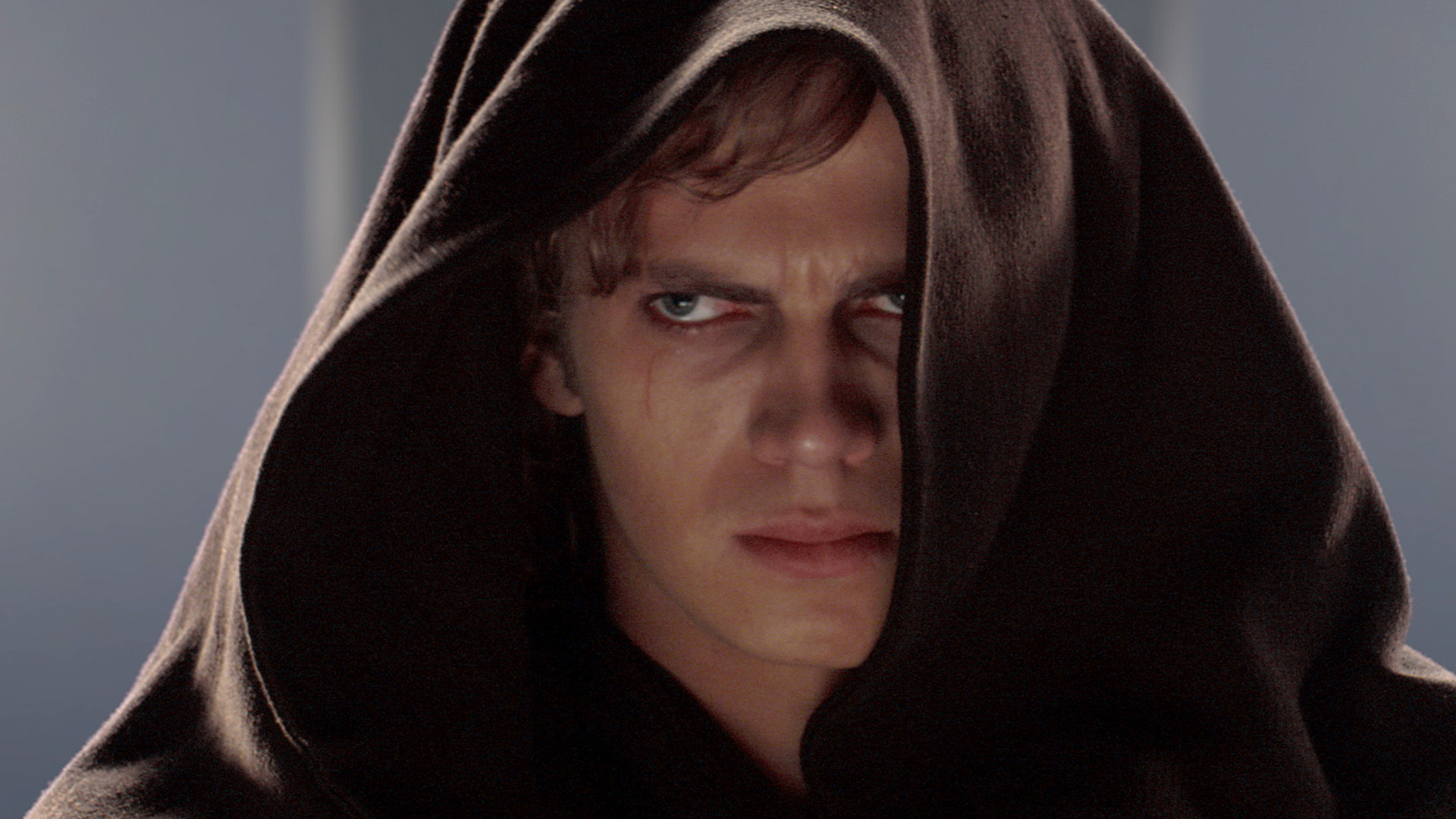
Re-released for its 20th anniversary, the Galactic Republic sleepwalks into dictatorship in Star Wars: Episode III – Revenge of the Sith. Vicci Ho revisits the much-maligned Star Wars pic – and finds current events have lent it new relevance.
When George Lucas announced a trilogy that would chronicle the life of Anakin Skywalker and his road to becoming the most iconic villain of my generation, I was beyond excited. As a child of the early 1980s I was devastated to be too young to watch the original trilogy in the cinemas as it was released. I wanted to be able to experience a new trilogy as it launched, with all the excitement that entails.
I purchased advanced tickets to the midnight screening of The Phantom Menace, and tickets to a second screening the very next day. When John Williams’ theme song played over the opening crawl in the theatre, I wept. However, as I exited the theatres after watching the film for the second time, I could only come to this conclusion:
The film was bad. Really bad.
As a hardcore Star Wars nerd, I was furious at the terrible acting, the ridiculous trade war nonsense and the Jar Jar of it all. The next one, Attack of the Clones, was even worse. When Revenge of the Sith finally rolled out in 2005 I had given up on any hope that the film would be good. It still suffered from the issues that plagued the entire prequel trilogy: stiff acting, poorly written dialogue and lack of character development. But the Obi-wan (Ewan Mcgregor) vs Anakin lightsaber duel is truly memorable, and as we watched Anakin don the Darth Vader mask for the first time, it justified the film’s existence, flawed as it was.
I did not think much about the film again until 2016, when I came across a tweet by journalist Sarah Jeong:

Jeong wrote a hilariously insightful series of tweets on the lack of women’s reproductive healthcare in the Star Wars universe that eventually became a Vice article, and they did enough to compel me to reconsider the prequels a decade later. The critiques of the films themselves have not changed, but some commentators have noticed the astute observations of Bush-era politics reflected in the films, albeit clunkily. Some of this political commentary feels just as relevant as Revenge of the Sith is re-released in cinemas for its 20th anniversary next week.
The prequels are, on a basic level, about Anakin becoming Darth Vader, but they are also about the Galactic Republic’s slow slide into Fascism. In Revenge of the Sith, the consequences of endless war are laid bare—the Clone army and the Jedi Knights are stretched thin across the battlefields, providing an opportunity for Chancellor Palpatine (Ian McDiarmid) to consolidate power in the Senate unopposed.
It is hard to ignore the parallels of the Iraq War, Executive Branch overreach and the expansion of the surveillance state in the Bush era. Who could forget Palpatine literally screaming “UNLIMITED POWER!!!!” at Mace Windu (Samuel L. Jackson) and hurling Senate seats at Yoda? Subtle, it was not.
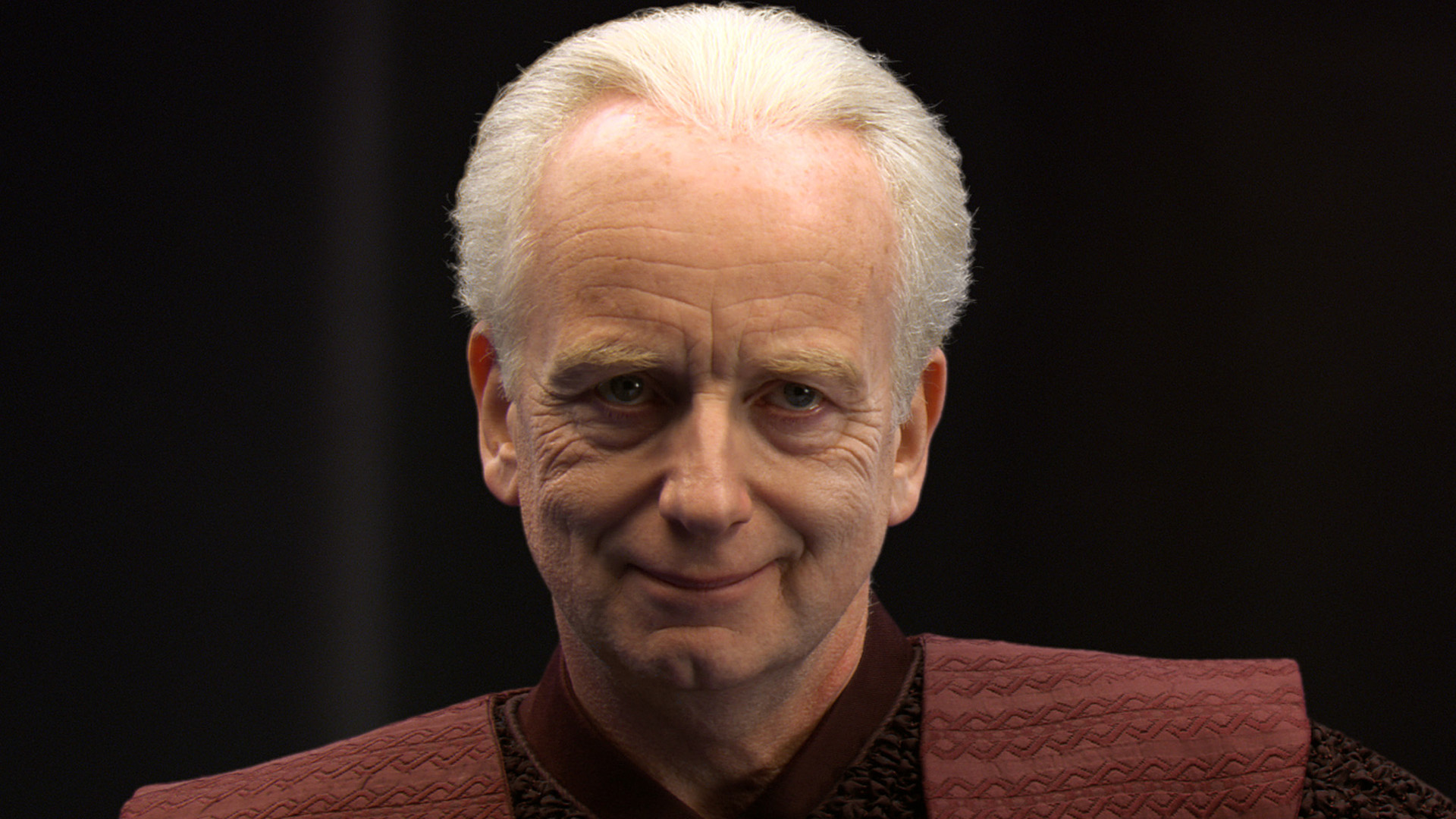
Revenge of the Sith might have been an allegory in 2005, but in 2025 it feels much more urgent and direct in its reflection on the American political climate, where decades of minimal pushback against the erosion of civil rights are finally coming home to roost. The complete capitulation of the Republican Party to MAGA ideology and their failure to protect the Constitution and the rule of law was the endpoint decades in the making, but the Democrats’ seeming insistence of adhering to political norms and the refusal to act with urgency have allowed lawless power grabs to flourish, much like how the Galactic Republic sleepwalks into a dictatorship.
By failing to stop Palpatine as he slowly accumulates power, by the time the coup arrives, Fascism has already become the baseline. As Padme said when he declared the formation of the Empire: “So this is how liberty ends, with thunderous applause.”
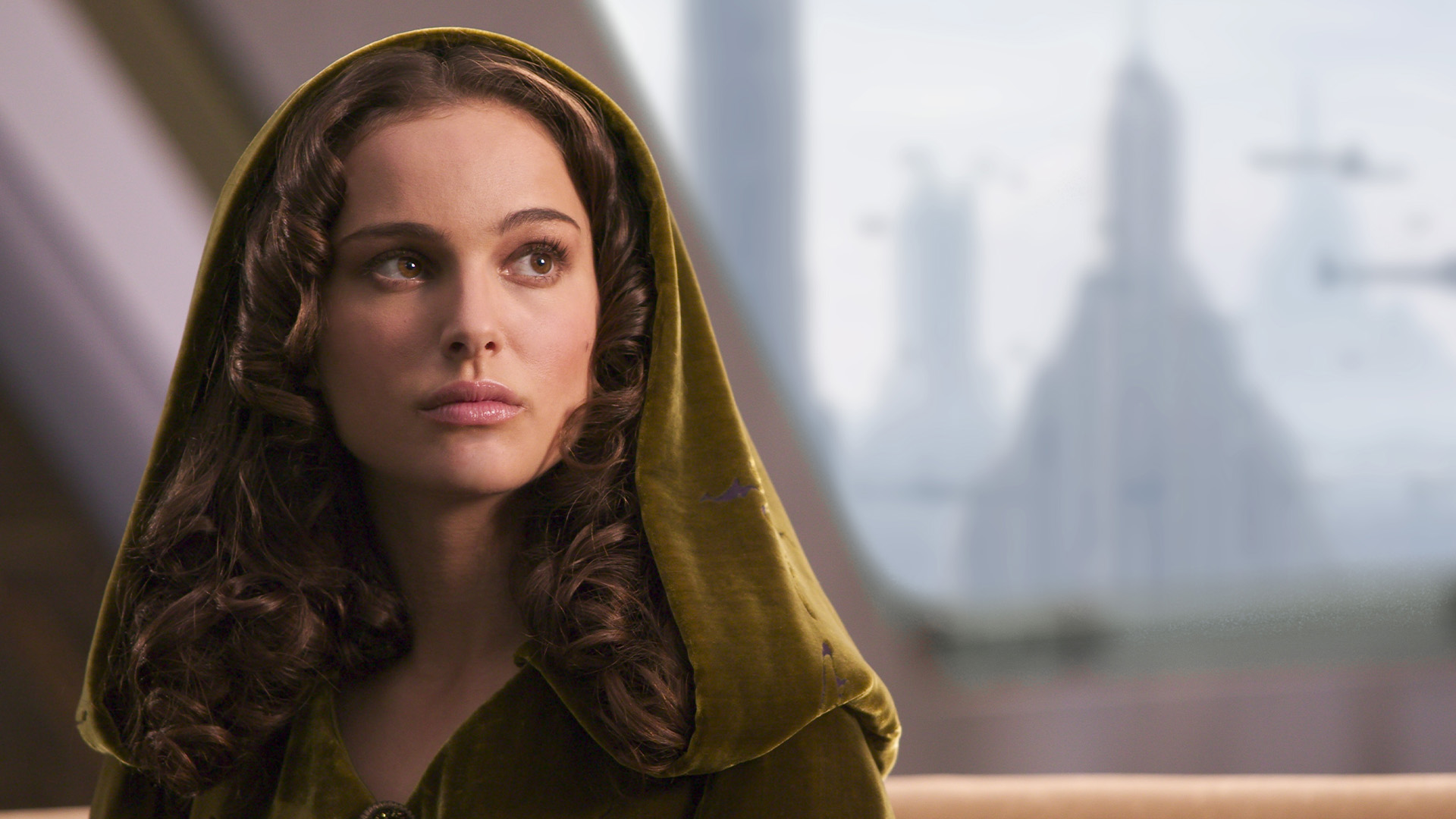
It is also hard to ignore the way Palpatine manipulated Anakin to the Dark Side and not think about our world as the shadow of relentless male rage hovers over us. For the Jedi Order, their worldview is straight-forward, bordering on simplistic (though, to be fair to the Star Wars franchise, there have been other stories that challenge the long-standing binary of Jedi good / Sith bad, most recently in the TV series The Acolyte). The Sith are evil, emotions and anger would lead to the Dark Side, and patience and trust in the Force would lead Anakin to his prophetic role in bringing balance to the Force.
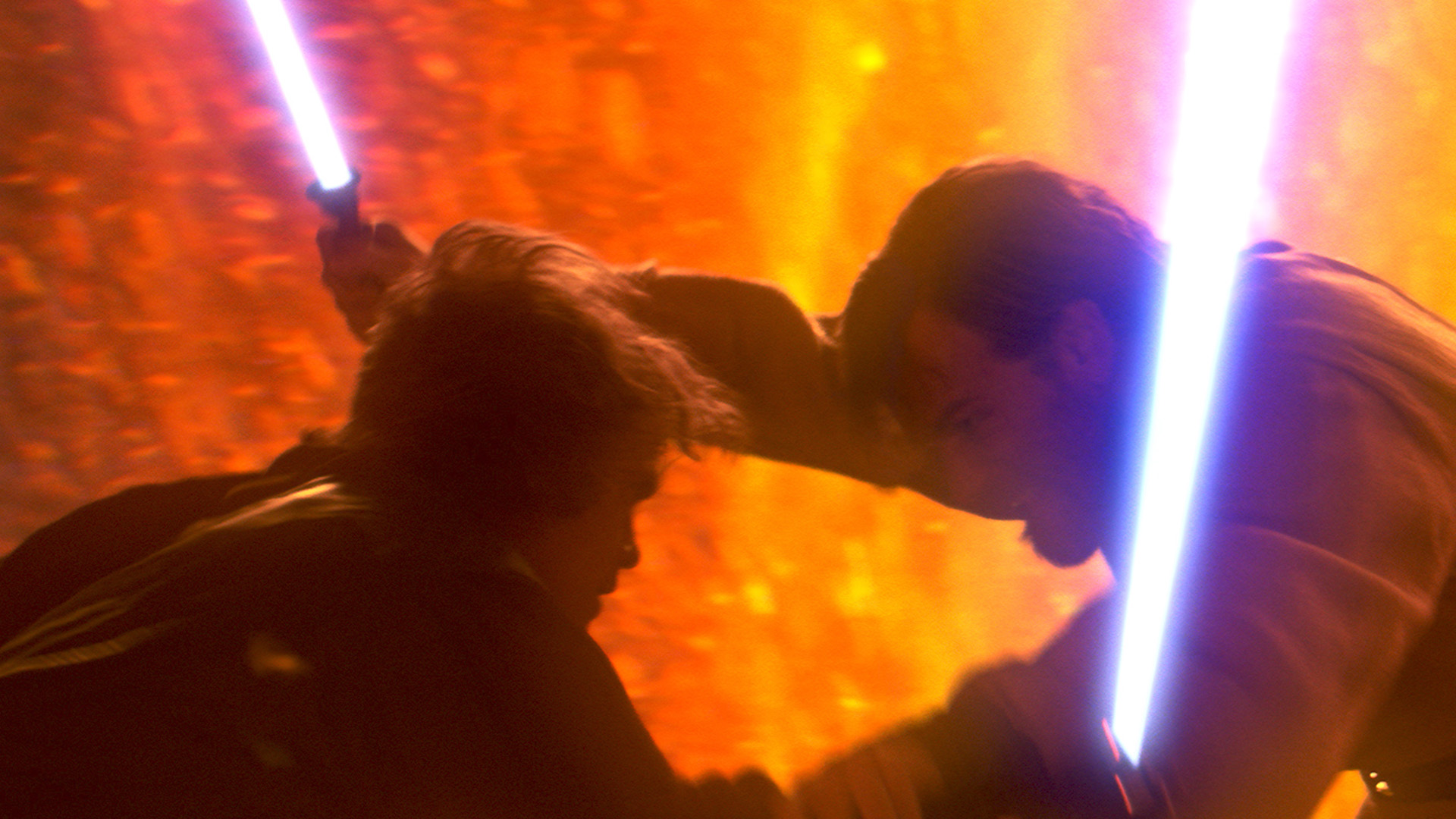
Given Anakin’s traumatic upbringing, perhaps it would have been more beneficial for the Jedis to provide more emotional support to him than to criticise his tendency to lean into anger. Palpatine, as a cunning Sith Lord, strokes Anakin’s insecurities and turns them into resentment, then more grievance and anger. Our own world is now littered with manosphere influencers on podcasts, YouTube and social media trying to convince young men that their insecurities are the fault of the world, driving them into more and more rage and entitlement.
Many of them would end up hounding multiple female Star Wars actors off the Internet.
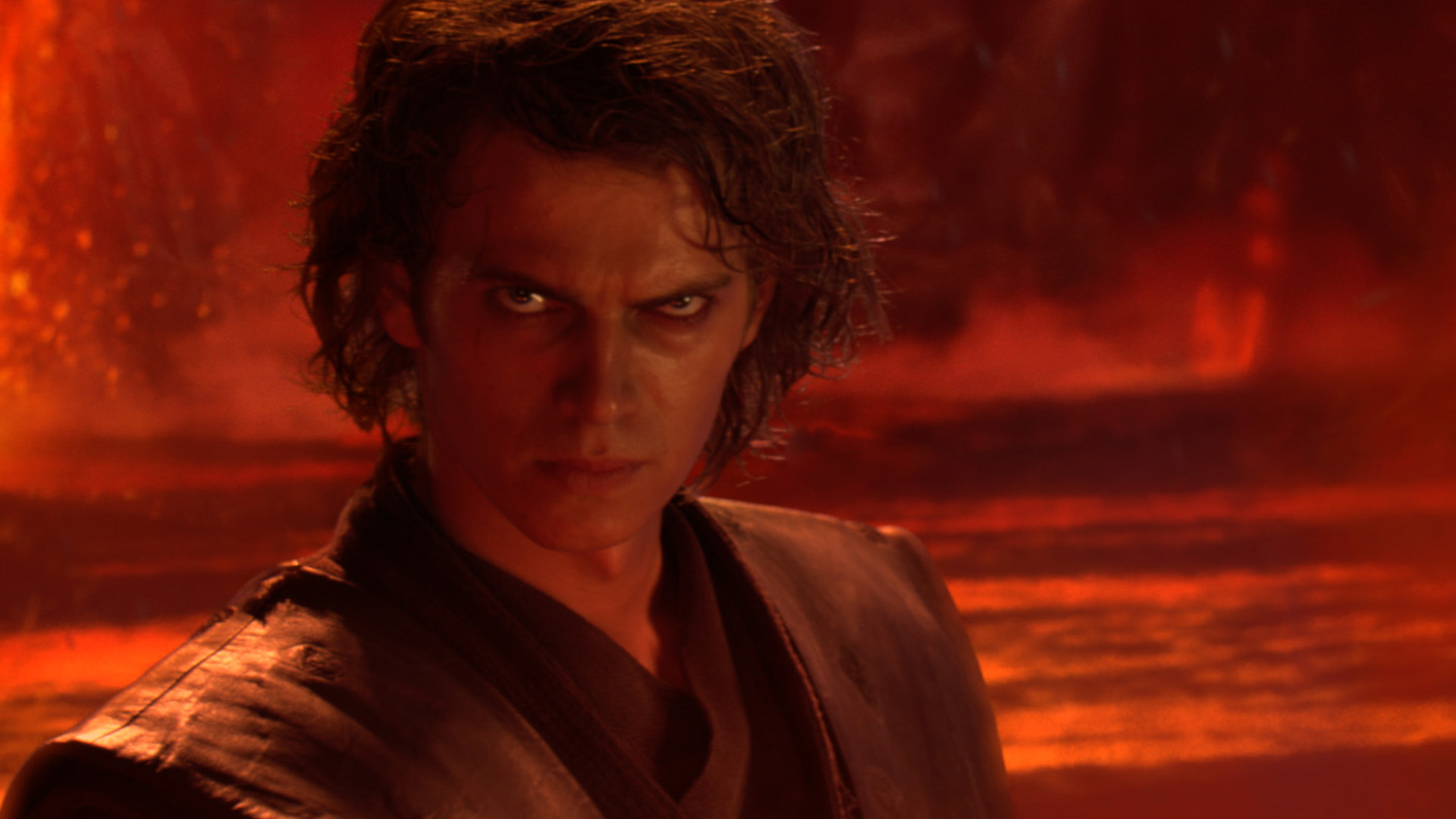
Anakin is ultimately responsible for his actions, though perhaps without a toxic mentor, he would have handled his fears over Padme dying over childbirth in a healthier method. Like, you know, taking your partner you have concerns about to a gynecologist, instead of murdering a bunch of children en route to help bring terror and oppression to a galaxy far, far away.





















